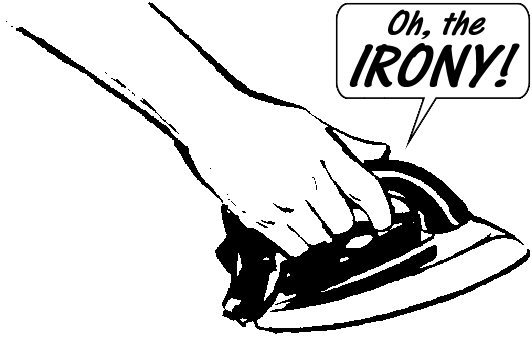
There's a certain irony to the fact that our entire conversation here, as well as all of the essays and criticism we've read in class about the uncertain value of literacy as it relates to social and economic standing, has required us to use both reading and writing skills.
I guess that's kind of the point of the class. Obviously, we're all highly literate. For me, the issue with literacy isn't necessarily how we measure it, but how we teach it. Students need to be made aware that while they may be highly literate when it comes to reading texts, emails, facebook and twitter feeds, essays, novels, poems, technical reports, etc, each genre has its own style and purpose. As a teacher, I need to teach my students not only how to write in a certain style, but when to use it.
One idea I've had for making literacy more salient for students is to encourage them (and by encourage, I mean "assign") to keep a writing journal in which they don't worry about grammar, style, or conventions. Rather, this journal will be solely devoted to helping students recognize their own unique voice. Once they have identified this voice, they will have an easier time expressing it within the parameters of a certain writing style or rhetorical mode.
5 comments:
Sir Edward posts-alot III,
I must concur sir. Context is paramount when assessing whether or not one can be deemed literate; and righteously so!
Author John Russell Rickford (linguistics/Stanford U.) wrote a delicious little text called Spoken Soul, about the Ebonics debate in mid-to-late 1990's. The children of inner city schools were deemed by illiterate by school board standards, for writing phonetically or in a lazy-english.
Nobody thought that these children could have been using older creole dialects passed down from generations ago. These dialects they had to keep dynamic for the sake of their own identities. We have come to understand this dialect as African-American Vernacular English.
After closer examination we saw this was not a "lazy-english" at all; any inconsistencies we saw, were under closer examination, found to be consistent (dropped apostrophes, contractions, changing of the "grammatical person" in regards to possession, et cetera), and not only consistent, but these idiosyncrasies very much have their own rules in which they are used.
As a future teacher (assuming your prognostication is sound) I would hope you could respect the individuals "self" that appears in words, yet be able to relate what is "grammatically correct" <~a silly notion... and aid them in their code-switching abilities.
Cheers!
Eddie your post remind me of something we were discussing in my LLED411 class. The question we raised is: what exactly constitutes literacy? Does reading texts or emails count as being literate? While it seems that the answer would be a simple "yes", it isn't. Because of all the shorthand that is used in today's communication through technology, the line gets blurred. In order to understand who is and is not literate, it seems we need to redefine the term with today's advances in technology. Just a thought to add to your post!
P.S. I love the iron-y you picked up on!
Focusing on content instead of form in writing seems like an ideal way to go. But I must confess that teaching form in writing (spelling, punctuation, grammar) is tempting to teach instead of content (voice) because form is what is the students are tested for and what teachers are held accountable for. It honestly scares me a bit to think that to help my students do well on a test, the best course of action is to teach them what's not on the test. Is that ironic?
I think that your idea of having a student keep a journal is a really good idea. Making sure that students write regularly is a good way to improve upon their literacy. What I like best about the idea is that you said they would be writing in their own voice and not having to worry about grammatical rules. It's important for young students to find their voice in their writing.
Post a Comment